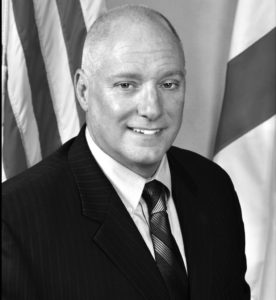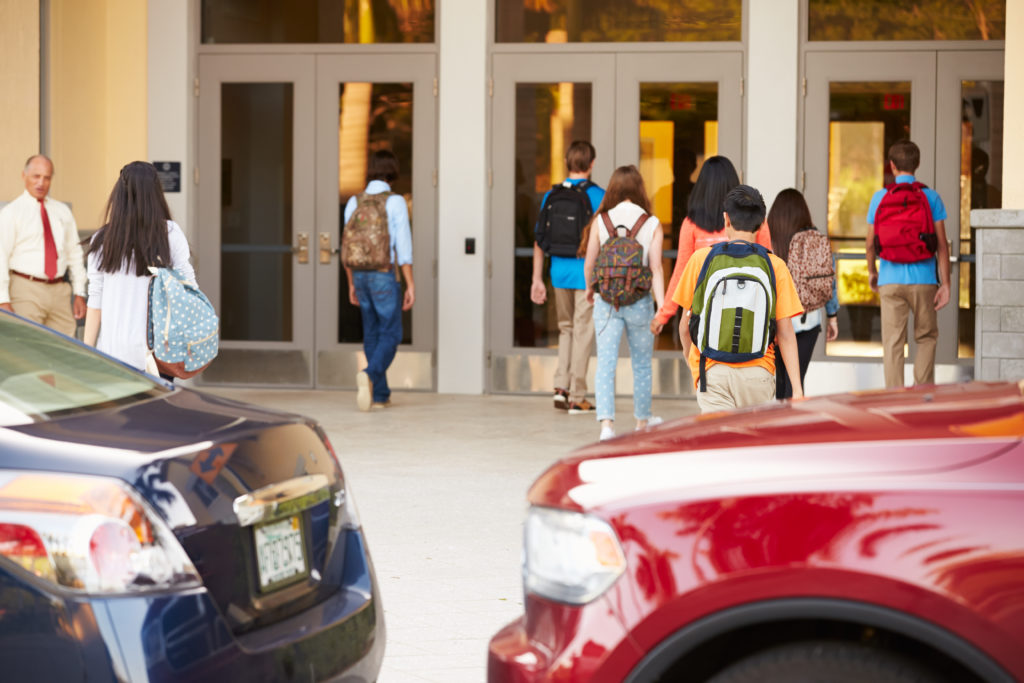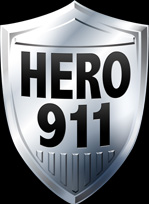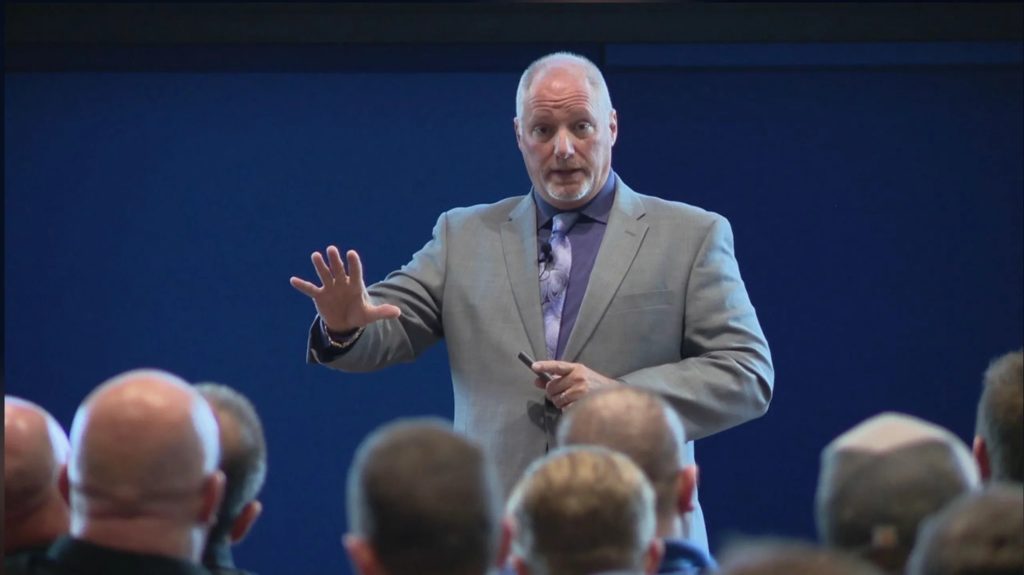Retired Police Chief Hopes to Help Reduce Active Shooter Response Times
On February 14, 2018, our country (and the world) suffered from yet another senseless act of violence. The entire country instantly became aware of the tragic school shooting at Marjory Stoneman Douglas High School in Parkland, Florida, which left 17 people dead, making it the deadliest high school massacre in U.S. history. Retired Chief Tony Pustizzi, who was Chief of Police of the Coral Spring PD on that fateful day, is now spending his time educating groups on why it’s so important to reduce police notification and response time and how to make it happen. Guard911 spoke to Chief Pustizzi about his experience as a commanding officer and first responder to a school shooting and why he’s passionate about decreasing police notification and response times to these horrific acts of violence.Reflecting on the Parkland School Shooting

Why Decreasing Police Notification and Response Time Should Be a Priority
The quicker law enforcement can get to an active killer emergency, the quicker the situation can be mitigated. The killer can be stopped. “Time is of the essence,” said Chief Pustizzi. Chief Pustizzi pointed out that because of current movements in the country, a lot of SROs are being pulled from schools. Historically, SROs have been the first officers on the scene at school shootings. But as they’re removed, notification and response time become that much more important. “If a school’s highest priority is the welfare and safety of students, teachers, and staff, it’s important that law enforcement is notified as soon as possible of any situation at the school that could possibly injure people,” said Chief Pustizzi. As the Parkland tragedy proves, dialing 911 does not accomplish this goal alone. Fortunately, there is a one-of-a-kind solution that’s proven to reduce both notification and response times – a Guard911 active shooter mobile app with the one and only Hero911 network of 60,000+ officers.Guard911 apps are the ONLY active shooter mobile safety alert apps in the country with the Hero911 network of thousands of local, state, and federal officers ready to respond at a moment’s notice.
How the SchoolGuard Active Shooter App Reduces Notification and Response Times
While Guard911’s SchoolGuard active shooter app wasn’t in place at Marjory Stoneman Douglas High School in 2018, the Parkland active killer incident is exactly the type of emergency our technology is built for.Eliminate Notification Delays
When teachers and staff press the panic button icon on their mobile phones, notification of an emergency is distributed to the necessary parties quickly and efficiently. “The app takes out some of the human element,” said Chief Pustizzi. “Teachers and SROs don’t have to remember who to call and in what order. The SchoolGuard app does it.” With SchoolGuard, teachers can hit the panic button icon, be assured the proper authorities are being mobilized, and focus on implementing safety and lockdown procedures to save lives. The teacher is also connected to 911, and alerts are sent to other teachers, school staff, and other protected properties nearby for their situational awareness. Plus, alerts are sent instantly to all law enforcement officers in the Hero911 Network who are in close proximity to the threatened property. Immediate notification leads to a rapid response.Communicate with Other Teachers and Staff
In the event of an emergency, SchoolGuard allows administrators, teachers, and staff to communicate about the ongoing situation. Approved users on the property with the app are immediately alerted of the emergency and sent a map of the location of the initial alert. The map provides situational awareness, which allows school staff to react quickly and accordingly.Automatically Notify a Network of First Responders
As mentioned above, when the SchoolGuard panic button icon is pushed, officers within the Hero911 Network in close proximity of the emergency are instantly notified. This allows for an expedited notification time and quicker response time. While Chief Pustizzi was not originally in favor of first responders dispatching themselves, after his experience on February 14, 2018, he realized the benefits of getting the first 1-2 officers notified and on scene as quick as possible, whomever they are. “I was a strong advocate for no self-dispatching policies, but that’s not realistic,” he said. “When there are officers close who can respond, assist, and save lives, that needs to happen. What has to be in place are detailed policies for situations where this would occur. For instance, how officers will identify themselves when on scene so off-duty responders don’t add to confusion or danger, who they must notify, and where to respond if they are not the first to arrive. The bottom line, which we learned in the Parkland massacre, is that local, state, and federal officers—with or without permission—will respond to save lives, especially if they are close to an active killer threat. “We know that plain clothes and off-duty officers will be responding to assist in these emergencies, we just need to all be aware of this through continued training and practice. I don’t know of any officer or chief that would want to explain to a parent or a loved one of a victim that they did not try to intervene because of a policy.”








